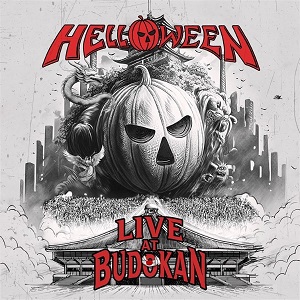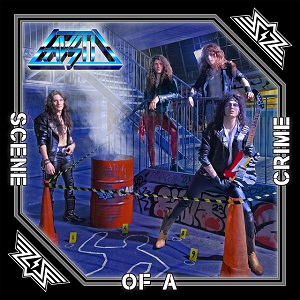Technology That Will Change Gambling
June 22, 2020, 4 years ago

Technology has brought about changes in the gambling industry in many ways. If we look at current trends, the mobile segment has been gaining predominance; it has reached worth $100 billion by the end of the year 2017. Gambling has taken on several forms of games that all involve placing of bets and knowing the odds that can lead to a win. For the lure of payouts and wins that give a rush of adrenaline, the segment has been getting steady consumers and enthusiasts coming onto different platforms to try their luck.
How Did It Begin?
Gambling has a centuries-long history. Today there are cities of casinos and betting shops which have touch screen game kiosks. The modern software and hardware that support gambling games lend evidence to the amount that technology has influenced such activities.
If we look at timelines, Harry Ogden in 1790 was the first to showcase profitable bookmaking. He studied how odds can be placed on different horses and not simply on wins and losses. By 1845 race tracks were legal for gambling while games of cards were restricted. For such reasons, bookies opened up brick and mortar outlets; there were several bookmaking services that marketed different sports activities as well; often bookmakers made transactions on pen and paper in backstreets and markets.
Today the online websites that promote casino games are several. Check free casino games no download where popular game reviews showcase the features that progressive slots have.
The Evolution from the Sixties to the Nineties
The 1960s is the time when betting shops took on a legal presence. There were as many as 10,000 shops which had bookies studying pages and board men marking results as well as prices for different races. It was akin to a stock exchange buying and selling of stocks. Technology helped to allow races to be broadcast from different parts of the world by the eighties; many betting stores had televisions broadcasting races and hot drinks being provided; side by side there were betting terminals for placing fixed odds and fruit machine games that could be played by the pennies.
By nineties, internet technology opened up the potential for people to place bets online. The early presence of Betdaq and Betfair were testimonies of such activities. The early online games on which people could bet on with money were poker and bingo. Today the popularity of slots is high with offline download software and instant play modes available.
In the New Millennium
By the new millennium, the revenue from online casinos had started to climb and showcased steady profitability. With yearly increases, it was the time that governments took a step to legalise most of the online casinos. Hence, by 2015, several US states had legalised online gambling, setting down certain norms and standards through licensing authorities. Today most of the websites have a legitimate presence with a list of countries whose residents are allowed to register and gamble on their platforms. With legalisation, many issues of yesteryears such as fraudulent wins and non-payment of money have been dealt with. Secure encryption processes ensure that financial transactions take place securely on these sites.
Mobile Apps and Casinos
This is the latest advance in this segment that technologies have been focusing on. Initial years saw the rise of mobile apps being used for casino games; today, many casino platforms have mobile-friendly websites that remove the need for separate apps to be installed. Hence, players can simply log in to their account, make deposits and choose a slot or card game of their choice. They can also get payouts processed from mobile accounts, removing the need to depend on desktops for such activities. Online betting technology has also obliterated the need for betting shops. Many brick and mortar outlets have closed down as most of the operators focus on their online presence, allowing their customers to log in from any part of the world and download digital software or log into real-life casino games where real dealers run sessions and provide a real-time, interactive experience.











